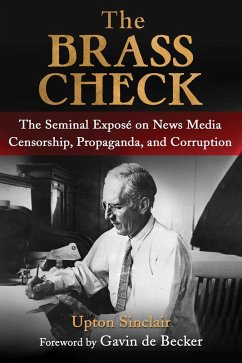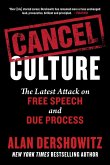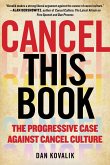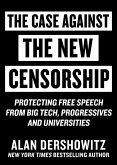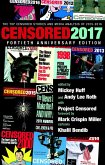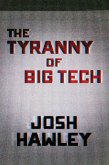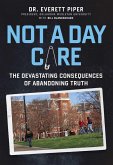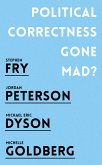Upton Sinclair's scathing exposé of early 1900s mainstream media and journalism Written by acclaimed muck-racking journalist and author of The Jungle-which documented the inhumane conditions in meatpacking plants in the early twentieth century-The Brass Check is Upton Sinclair's piercing critique of mainstream media's biases in its reporting; how it was not interested in combatting misinformation, but was more heavily influenced by its wealthy owners and their own sociopolitical interests and agendas. Sinclair investigates and conjectures about the power of capitalism and money and its influence over mass media, and cites several contemporary cases, including media's involvement and perpetuation of the Red Scare, the Ludlow Massacre in 1914, the Paint Creek-Cabin Creek strike of 1912, among other examples. It is one of six books within the Dead Hand series that Sinclair wrote to criticize various institutions and industries that cultivate and influence the fabric of American society. Within the book, Sinclair proposes a handful solutions to hold journalists and media accountable for censorship, sensationalism, and for the accuracy of the content they filter, spin, position, and distribute into the world. Sinclair himself called it "the most important and most dangerous book I have ever written" and originally published it without registering copyright to the text to increase circulation and subsequently the book's reach to the general public. As a result, the first code of ethics for journalists was established in 1923, just a few years after the book was released. In 2022, it is more relevant than ever.
Dieser Download kann aus rechtlichen Gründen nur mit Rechnungsadresse in A, B, BG, CY, CZ, D, DK, EW, E, FIN, F, GR, HR, H, I, LT, L, LR, M, NL, PL, P, R, S, SLO, SK ausgeliefert werden.

